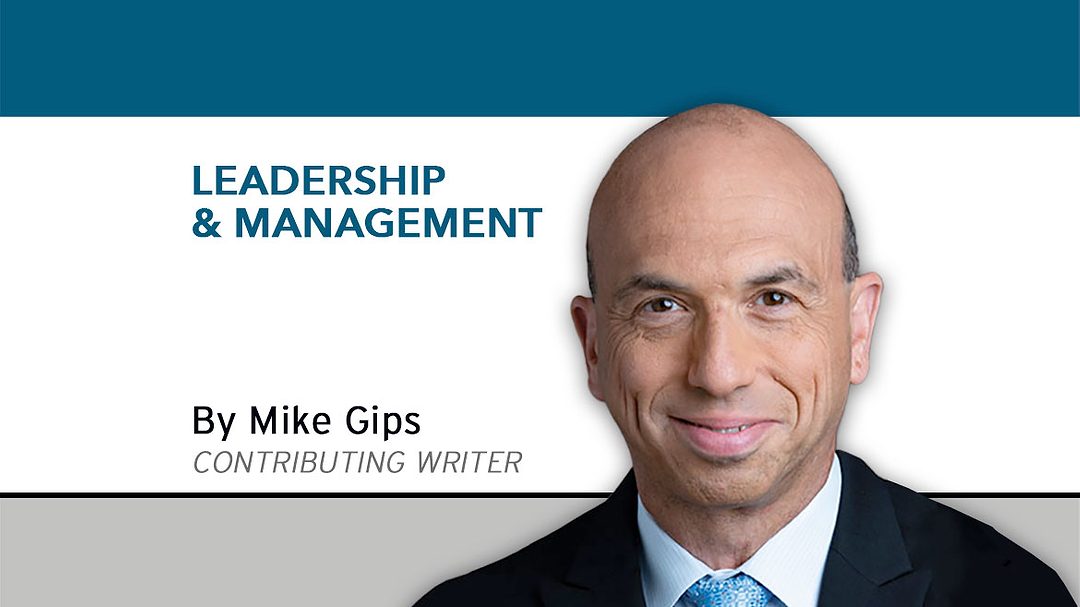In a previous column, I presented an array of volunteer leadership opportunities for security professionals, from serving as a source for an article to joining a corporate board of advisors. As promised, this column addresses how to approach and obtain volunteer and volunteer leadership opportunities, especially if you don’t have much experience.
Three essential elements of volunteerism are intellectual inquisitiveness, passion and initiative.
“The number one thing that gets me going is curiosity,” says Becky Lane, a former executive at The Monitoring Association who is currently the Acting CEO of the Global Life Safety Alliance, a volunteer role. “I’m always curious to see and learn how other people operate.”
Some of the best volunteer leaders have an insatiable appetite for knowledge and understanding.
Second, if you are passionate enough about something, you will do what you need to make it happen. Say you are avid about securing the metaverse. Post about it on LinkedIn, publish your own blog, discuss the issue with colleagues. Once you do so with authority, organizations and colleagues will seek you out to participate in panels, write an article, work on a paper, or start an organization or working group.
Passion often dovetails with selflessness.
“Volunteering is not for everyone,” says Kevin Palacios, who runs an Ecuador-based security firm called HELPS Latam. “You need to be the kind of person who believes in giving without expecting anything in return, and actually commits to give until it hurts.”
Those are strong words, and selflessness is indeed a powerful force. But volunteers don’t need to plunge into major commitment right away. In fact, it would be foolish to do so before determining whether you are comfortable in the role, the fit is right, the time obligation is doable, and you are providing value.
For some, volunteer leadership comes naturally. They join a group and become president or chair in a few months. Many others, however, are not as naturally extroverted or driven.
Chances are, however, no one is going to ask you to volunteer if you don’t have a history of volunteering or involvement, especially in a large organization where you might not know many members.
That’s where the third critical component — initiative — comes into play.
You have to put yourself out there. Networking at events or online is a good option, but not the only one.
You might join a mentoring program as a protégé. Doing so will create a connection with a colleague who may be a prolific volunteer. That colleague can explain the steps they took toward volunteer leadership, model positive behaviors, make introductions and recommend specific positions, such as speaker/presenter, committee member, or volunteer risk advisor. In many cases, the mentor-mentee relationship is reciprocal: each learn as much as they teach.
The easiest entry point into volunteering, besides being recruited by someone, is to focus on areas of need. Serial volunteer Matthew Porcelli, a security manager at Harvard Protection Services, devotes time on behalf of ASIS, the Institute of Strategic Risk Management, and the Security Institute. Porcelli says that his “activity and outreach was and is based in what areas were in need the most of assistance.”
“I made a point to integrate myself into the volunteer fabric of those organizations, see where I could help the most, such as with young security and risk professionals, and do the best I can to promote confidence and awareness to the global membership,” Porcelli adds.
Once you have shown proficiency and commitment, don’t be surprised to move up the ladder quickly. As Lane puts it, “When you volunteer, you are THE volunteer. Slots open up and someone needs to step up and fill them.”
While curiosity, passion, initiative, dedication and hard work suffice for many volunteer leadership roles, some areas require extra skills. For example, writing, hosting a podcast and presenting at conferences demand at least basic competency in communicating. To excel requires more.
“You first need to be an avid reader and lifelong learner to start producing content and creating,” contends Palacios. “Meeting your hero authors is a great starting point if you want to contribute.”
Alfredo Yuncoza, who has held senior leadership positions with the International Foundation of Protection Officers, ASIS, CAPSI and other organizations, agrees. He hosts a streaming radio show out of Caracas called Con Seguridad Radio.
“I initially developed leadership skills at Junior Chamber International,” he relates, including communication. He put those skills into practice and matured them in other organizations.
Porcelli says he has presented with some of the industry’s most respected professionals, but he had growing pains just like everyone else. And he’s still learning. That’s the sign of an excellent volunteer leader. To break in as a presenter, he pitched ideas to trusted colleagues and pulled together speakers, oversaw the development of proposals, and coordinated presentations. This year he chaired the committee that selected the proposals that would be accepted for GSX 2023.
It's often said that to develop yourself as a leader, you should surround yourself with people smarter than you are. That applies equally in volunteer roles. But I’d take that a step further.
It helps to have the attitude that everyone is “smarter” than you in some way; in other words, they have something valuable to add. Especially in a professional environment, colleagues will have different skills, knowledge, capabilities and strengths that you can benefit from or leverage.
Though I’d like to, I couldn’t possibly list everyone who has inspired me, motivated me, assisted me and even challenged me on my path towards leadership. And it is a path “towards” leadership — it’s a never-ending journey.
While I’ve presented a map of volunteer leadership channels, the pathways are infinite. Find — or make — your own route.





